Originally featured on AdExchanger
Like any addiction, buying cheap impressions on made-for-arbitrage (MFA) content is a vicious cycle that feeds itself. If our industry doesn’t stop the cycle at the source, it will continue indefinitely.
The need for a solution is growing as junk publishers tarnish the reputation of the open internet. We’ve even reached the point where The Trade Desk is pivoting from championing the open web to a “premium internet” concept. It seems like The Trade Desk is trying to separate itself from the open web’s MFA problem, which gets further distribution through walled gardens.
But pivoting to a “premium internet” is like avoiding the parts of town that have been blighted by illicit activity. And, honestly, there should only be a premium internet.
The only real solution to MFA is for the dollars to dry up.
The MFA supply chain
Buyers are addicted to MFA whether they know it or not. Faced with tightened budgets and high goals, they cut corners to get cost-effective audience reach. They don’t dig deep enough with reporting, instead allowing their media buyers to lower their standards in the shadows of the internet. They know that MFA doesn’t drive long-term value, yet they buy for the short-term highs.
Ad tech companies are happy to take the money. It’s easy to look the other way when the dollars are flowing through a digital channel as opposed to coming from a person who calls when they don’t like where their budget is going.
We can’t forget about the role of the publishers. Some are outright opportunists, taking advantage of a broken system to make a quick buck. Desperate times call for desperate measures. But publishers should differentiate by moving away from MFA.
Though there are multiple players involved, it is advertisers who must change their ways most urgently. The benefits are many, but it takes commitment to a new approach.
“Just say no” isn’t enough
When I was a teenager, my mother once told me, “If you hang around with people who smoke, sooner or later, you’ll try a cigarette.” In other words, it’s hard to keep saying “no” when the offer is right there for the taking. Advertisers need to do more than advise their agencies not to buy MFA. Eliminating bad content requires scaffolding to ensure that “no” actually sticks.
Advertisers need to be hands-on, ensuring their money doesn’t get into the wrong hands. The first and most important thing to do is reset expectations. MFA creates a fake perception of low CPMs and high-scale online. This is an illusion. CPMs for quality sites are higher and real audiences are more limited than what an MFA buyer has become accustomed to.
Advertisers should always always ask questions about their ad tech partners’ supply. Partners should be able to provide transparency and proof that they follow quality standards. A good sign is when a partner has a clear and strict traffic quality protocol for acceptance and onboarding and a team that continually monitors its traffic.
Buyers should also commit to buying based on third-party reports from companies like Jounce Media and Adalytics, which provide objective data about ad tech partners and their use of MFA. Jounce provides an independent repeatable analysis of publisher content, log level and browser sessions to understand the quality of content where ads run. Adalytics provides log-file analysis for brands and agencies.
Both companies are open to sharing their analysis and methodology. And, most importantly, they are willing to change that methodology based on new insights, which shows the value of their impartiality.
Hang out with good people
Creating a network of people with integrity creates a positive cycle of change. Advertisers should commit to agency relationships built on incentives that favor long-term performance, not artificially high scale and low prices. Media buyers should favor ad tech partners that provide transparency and consistent quality. Ad tech partners should shun sites that trade in MFA, and publishers should hold fast to their quality content and do nothing that dilutes it.
Bloomberg disconnected from the programmatic supply chain completely and saw a revenue increase of 23%. It committed to quality over scale and preserved the value of its brand and content as a result. Compare that to Forbes, which has considerably eroded its brand by spoofing its own site.
If we were to dry up the budgets sent to MFAs, good publishers would get paid what they deserve. They’d have less incentive to try sneaky strategies and could focus instead on delivering more great content, initiating a new positive cycle.


